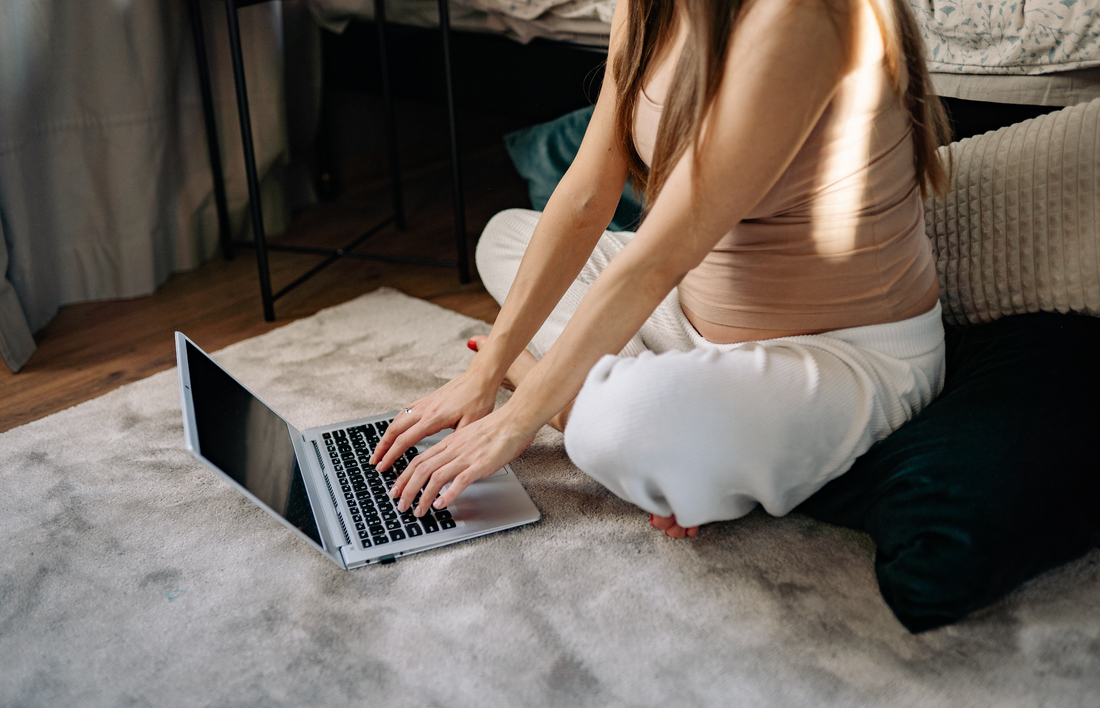Birth has been back in the media recently with several prominent headlines as the BBC promoted the dramatisation of Adam Kay’s autobiography This Is Going to Hurt. I have read many of the reactions from the public and from midwives and, as usual, opinion is divided.
An episode of Panorama aired in February on the failings in some NHS trusts called ‘Maternity Scandal: Fighting for the Truth’. Following the programme, the BBC reported that the NHS in England is to drop the limit on caesarean births.
The problems and catastrophes described in such portrayals of birth in the media mean that balance and context is absent and confidence in birth is lost.
I am familiar with this fallout having worked in the birth sector for 29 years. I have no control over how women manage their pregnancies and what support they seek. If they find information from the valuable resources of Sara Wickham or Rachel Reed, if they go to yoga, follow spinning babies, have acupuncture or see an osteopath, or none of these things. In summary, how women focus their time and attention in getting stronger, or feeling overwhelmed and vulnerable, is nothing I can alter.
I have no control around government policy, trust guidelines and their implementation. Nor do I have any foreknowledge of who I will meet and what will unfold during labour and birth. I can only trust in my own skills, abilities and knowledge. If I have self-doubt, I ask trusted colleagues for their opinions to help regain equilibrium. I am in control of how I stay professional, kind and sensitive to the best of my ability.
When colleagues relate their feelings after watching the birth narratives mentioned earlier, what they describe is sadness, despair and regret that birth happens in traumatic circumstances and that the positive parts of our efforts are not recognised. There are a multitude of reasons for this, none of which are alluded to, explored or adequately explained in media portrayals.
I do know that two women I met this week who watched the show and brought the book into the birth room with them, both had emergencies in their births. I am always alert to media impact in the birth room because I am interested to see any links between fear as a result of media (extrinsic source), and spontaneously arising worry and panic (intrinsic source). Fear can have an impact on the body’s ability to labour and birth. This can be managed well in pregnancy when a mother recognises its presence and how it alters her self-worth. If she seeks support, she can then transform her relationship with her fear. If a mother does not acknowledge the damage fear does to her wellbeing, it can be harder to modify and to reduce it in labour.
The maternity system itself can be a source of worry and anxiety, from the first booking appointment. Very subtle and very persistent: the institution of the NHS is a patriarchal organisation.
The balance for me is staying grounded in what is true and what I can offer. Midwifery and how we are allowed to practise and deliver care is a constantly changing landscape. I started this column in 2011. I have now been writing about empowered birth for over a decade.
Changes
Medical Model
An increase in medical power and heteronomy has led to a reduction in women having freedom to choose how, where and when to give birth. This becomes a problem when midwives don’t know how physiology unfolds, and how it protects the wellbeing of mother and baby. Sara Wickham describes the labour plateau as a phase during labour in which nothing really changes while baby and body regroup, recharge and prepare.1 If midwives do not understand and witness this, there is a risk that it will become lost forever as birth professionals turn to interventions to counter the plateau. This is a big concern for me as a mother, as my children may go on to have babies in the next decade. Wickham highlights multiple reports that have proved the short and long-term health benefits of spontaneous labour and birth versus the negative impact of routine interventions.
The Rise of Social Media
Twitter, Instagram and TikTok have become a presence for most of us. These platforms are spectacularly good at translating and spreading information. They have led to greater exposure of certain issues, and some people have developed the capacity to influence thinking and change.
The problem is that this information is not verified. We can evolve pseudo, online lives, which are not the same as our authentic selves in daily living. It can never be clear what people’s motives are for gaining such attention, and whether these motives are benevolent or malevolent.
In the real world, women’s bodies are not evolving, but practices are. Increased surveillance and attention on potential concerns are seen as good because ‘fixes’ for these concerns can then be found. But quick fixes are unlikely to work when we are creating our roles as parents, because these are lifelong relationships.
It may be perceived as ‘good’ that This Is Going to Hurt gives insight into doctors’ practices, but there is no context to help manage how watching it makes us feel and how these feelings change our physiology. In other words, what we witness in the media can prophesise our experience without us even knowing it. Be alert!
____
Eleanor Copp supports families across the UK, currently online. relaxedparenting.co.uk 07929 857 608
Reference
Sara Wickham, ‘What is a labour plateau?’ (February 2022), available at sarawickham.com
Photo: Yan Krukau
____
First published in Issue 78 of JUNO. Accurate at the time this issue went to print.







